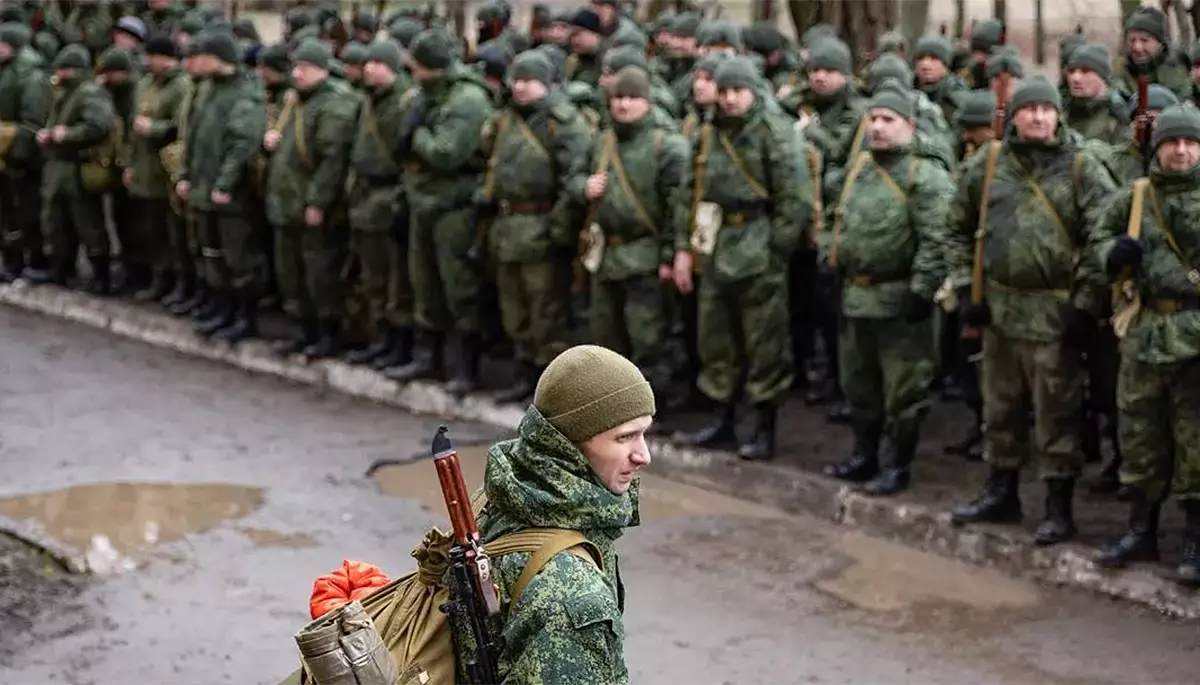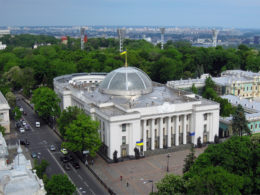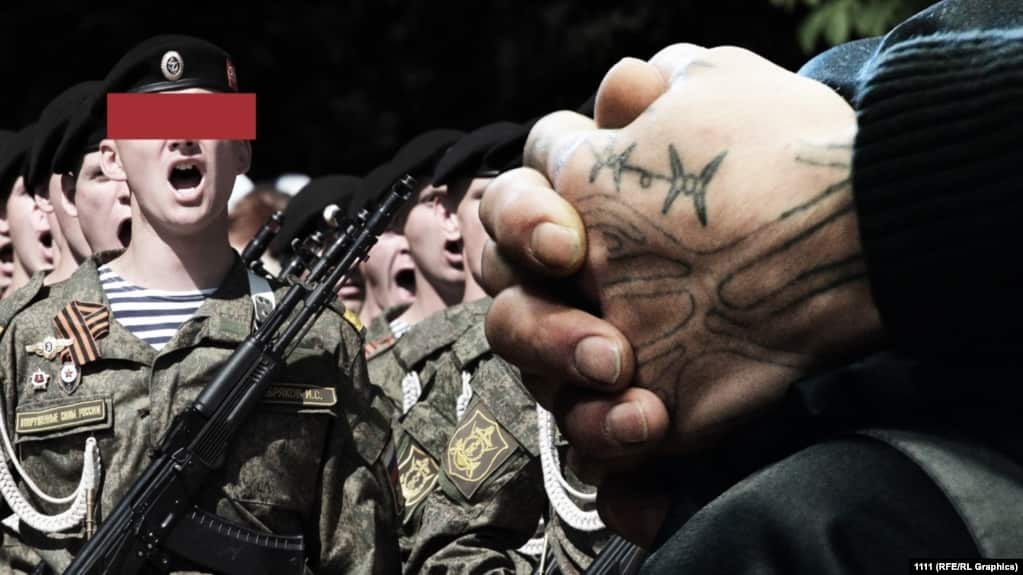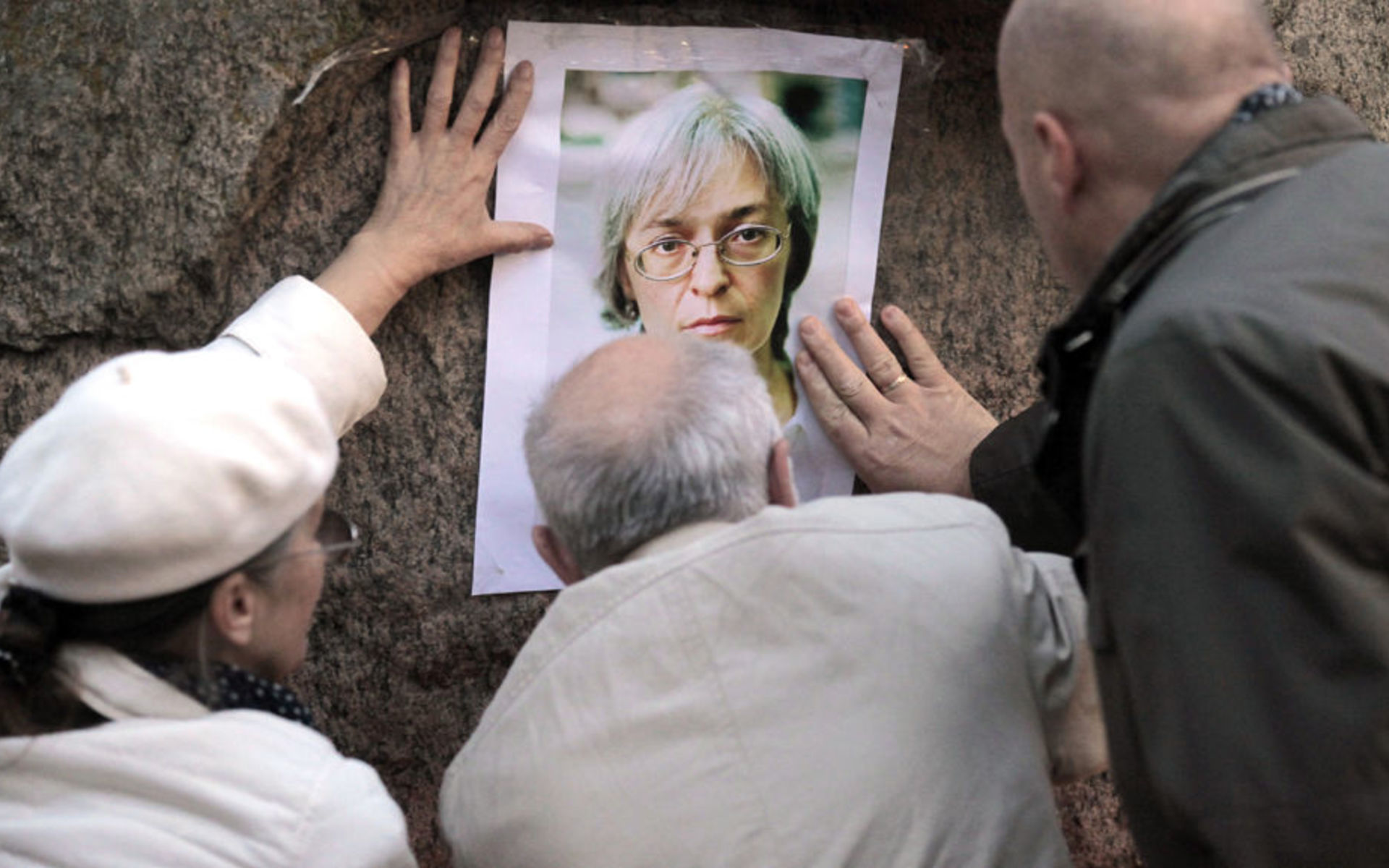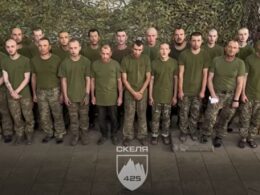The Institute for the Study of War (ISW) cites Ukrainian intelligence estimating 620,000 Russian troops in Ukraine and Kursk Oblast, as Moscow surpasses recruitment quotas with unsustainable incentives and prison enlistment. Western military aid could worsen Russia’s economic struggles and force Putin into negotiations in 2025, according to the think tank.
Ukrainian military intelligence has reported that approximately 620,000 Russian soldiers are currently deployed in Ukraine and Russia's Kursk Oblast, an increase of about 40,000 compared to late 2024. Major General Vadym Skibitskyi, Deputy Head of the Ukrainian Main Military Intelligence Directorate (GUR), revealed in an interview with RBC-Ukraine on 3 March that 200,000 Russian troops are actively fighting on the frontline, while an additional 35,000 Rosgvardia troops are stationed in rear areas and could be used as a secondary defense force.
Skibitskyi stated that in November 2024, there were around 580,000 Russian troops operating against Ukraine. President Volodymyr Zelenskyy reported in January 2025 that the total number had risen to 600,000.
Russian recruitment drive surpasses targets
According to Skibitskyi, Russian authorities recruited 440,000 military personnel in 2024, exceeding their annual quota by 10,000. Recruitment targets for January 2025 were reportedly met at 107%. Russian Security Council Deputy Chairperson Dmitry Medvedev made similar claims in December 2024, asserting that 440,000 soldiers signed military contracts that year.
ISW notes that increased financial incentives played a major role in this recruitment surge. A July 2024 decree signed by Russian President Vladimir Putin granted a 400,000-ruble ($4,400) bonus to recruits signing contracts between August and December 2024, more than double the previous federal incentive. Regional governments also offered supplementary bonuses, though some have since begun reducing these payments, raising concerns about the sustainability of such financial incentives.
Increasing reliance on prison recruitment
Prison enlistment has played a growing role in Russia’s military recruitment strategy. Skibitskyi stated that in 2024, 15% of new recruits were either under criminal investigation, imprisoned, or serving suspended sentences. This number is expected to rise to 30% in 2025. Reports indicate that Russia has begun shutting down some prisons as inmate numbers decline due to recruitment drives.
Additionally, Russian authorities have been increasingly recruiting from pretrial detention centers, likely due to a dwindling pool of available prison recruits.
Impact on Russian military and economy
Despite surpassing recruitment quotas, sustaining this rate of enlistment remains questionable.
"ISW continues to assess that increased military spending, including large payments and benefits to Russian servicemembers, is hurting the Russian economy at the macro level and that the Kremlin is reducing this spending on military personnel as part of efforts to mitigate the impacts of such initiatives," the think tank wrote.
Skibitskyi noted that Russia adjusted its 2024 recruitment targets multiple times, increasing them from an initial 375,000-380,000 to 430,000 to compensate for battlefield losses. He concluded that Russia’s 2025 recruitment plans would likely allow for battlefield losses to be replaced but not for a significant increase in offensive operations.
"Continued Western military aid would help Ukrainian forces inflict additional losses on the Russian military that would likely intensify Russia's economic and military issues and force Putin into making concessions during meaningful negotiations in 2025," ISW says.
Trump suspends all military aid to Ukraine, pressuring Zelenskyy on peace talks
Related:
- ISW: Poll shows Russians increasingly support war on Ukraine despite economic toll
- Ukraine’s spy chief: Russia allocates 41% of main budget for war in Ukraine
- North Korea provides 50% of Russia’s ammunition, says Ukraine’s spymaster
- ISW: Estonia warns of Russia’s military buildup beyond war in Ukraine
- ISW: Russia expands military forces, signaling no interest in peace talks with Ukraine

